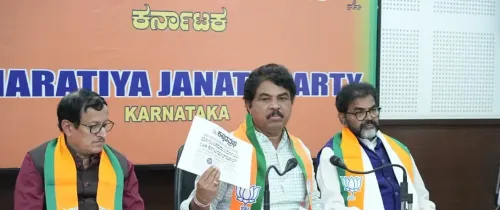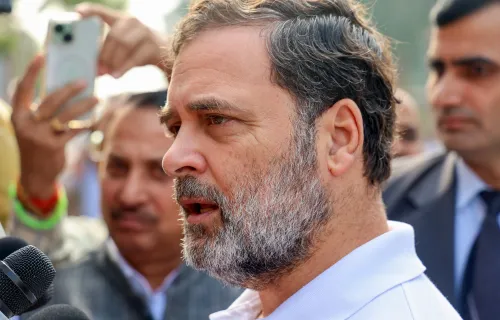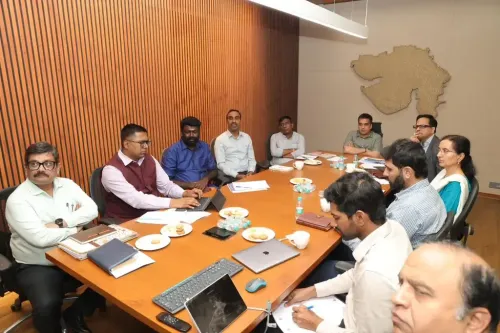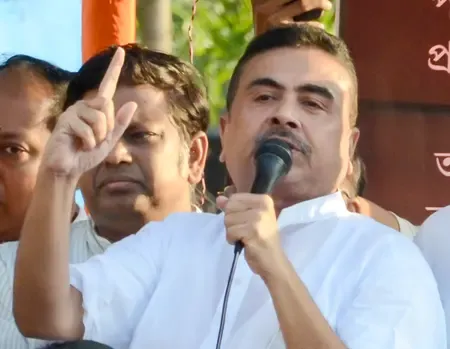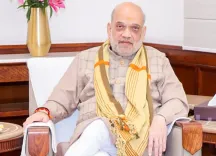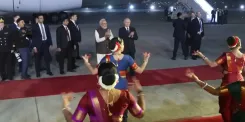Did the SC make the right call in the Kanhaiya Lal murder case bail decision?
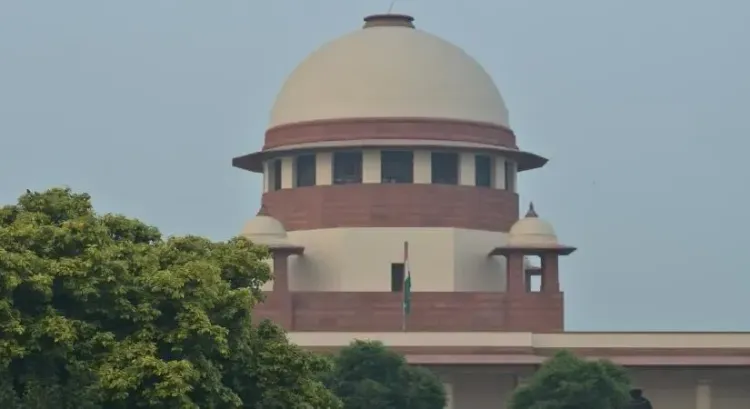
Synopsis
Key Takeaways
- The Supreme Court upheld the Rajasthan High Court's bail decision.
- Kanhaiya Lal's murder case has drawn national attention.
- Concerns were raised about the handling of the bail application.
- The role of Mohammed Javed in the crime is under scrutiny.
- Legal provisions such as UAPA play a significant role in serious offenses.
New Delhi, Sep 2 (NationPress) The Supreme Court on Tuesday chose not to intervene in a Rajasthan High Court ruling that granted bail to one of the defendants in the Kanhaiya Lal murder case.
Kanhaiya Lal, a tailor from Udaipur in Rajasthan, was brutally slain in broad daylight in June 2022, allegedly by Mohammad Riyaz Attari and Ghaus Mohammad, a horrific act that reverberated across the nation.
A bench comprising Justices M.M. Sundresh and Satish Chandra Sharma rejected the special leave petitions (SLPs) submitted by the National Investigation Agency (NIA) and Yash Teli, the son of the deceased tailor Kanhaiya Lal, which contested the Rajasthan High Court's decision to grant bail to the accused Mohammed Javed.
The petition filed by the deceased's son expressed that he was "compelled to approach the Supreme Court" as the Rajasthan High Court, on September 5, 2024, "did not adequately assess the facts and circumstances of the case and failed to consider the provisions of Section 43D(5) of UAPA, incorrectly approving the bail application submitted by the respondent (Mohammed Javed)."
The plea further claimed that Javed played a crucial role in planning the crime, stating, "He was in communication with the main accused prior to the incident and provided details about the deceased’s location to facilitate the act," citing witness statements under Section 164 CrPC and call records indicating coordination on the day of the murder.
Moreover, it contended that the Rajasthan High Court neglected to enforce the strict bail conditions outlined in the Unlawful Activities (Prevention) Act (UAPA). "The Hon’ble High Court wrongly conducted a mini-trial and questioned the validity of the documents presented by the Special Judge, Jaipur," the plea asserted.
In November of the previous year, the Supreme Court had agreed to review the situation and issued notices to the anti-terror agency and the accused, Mohammed Javed.


